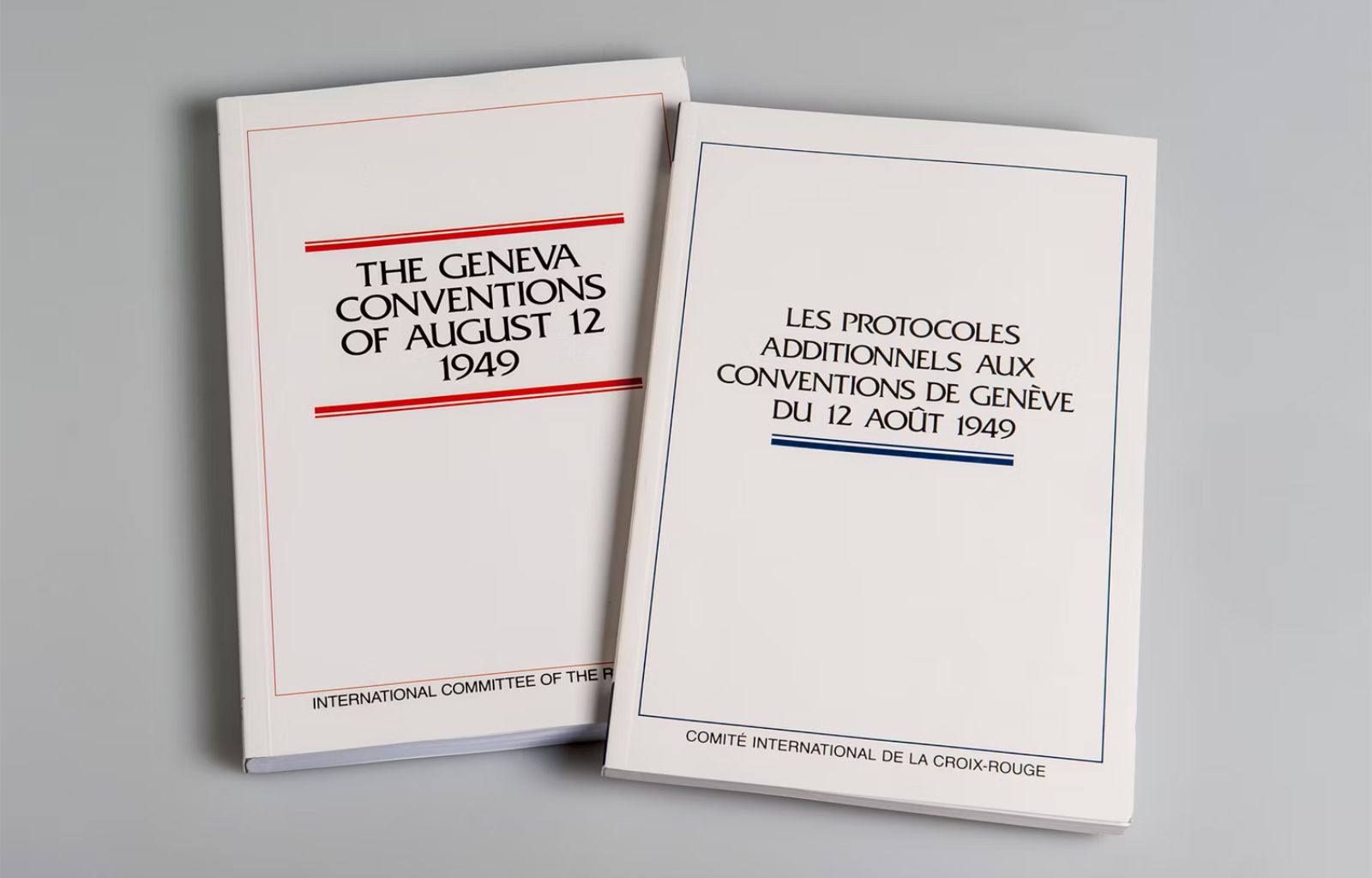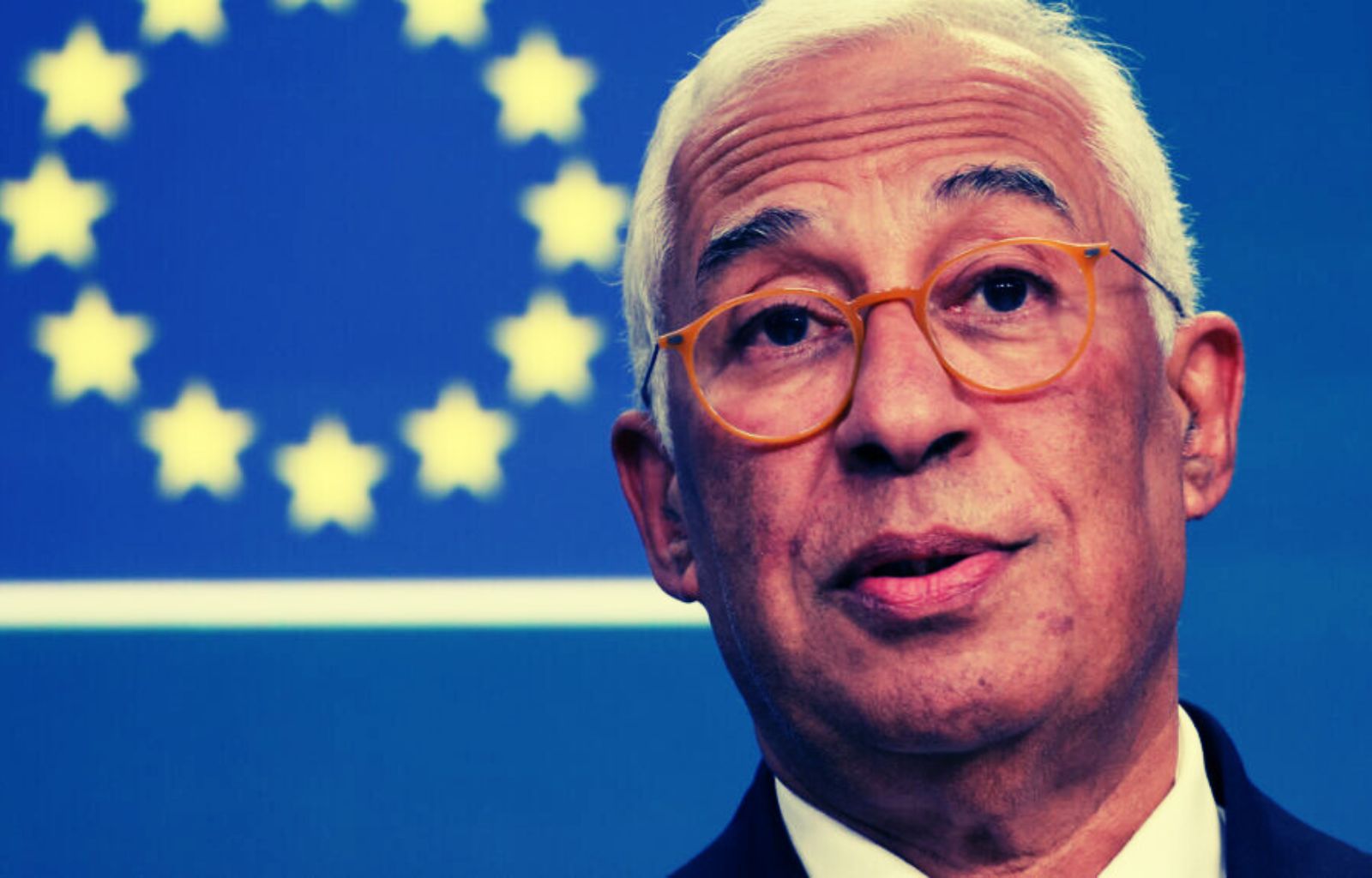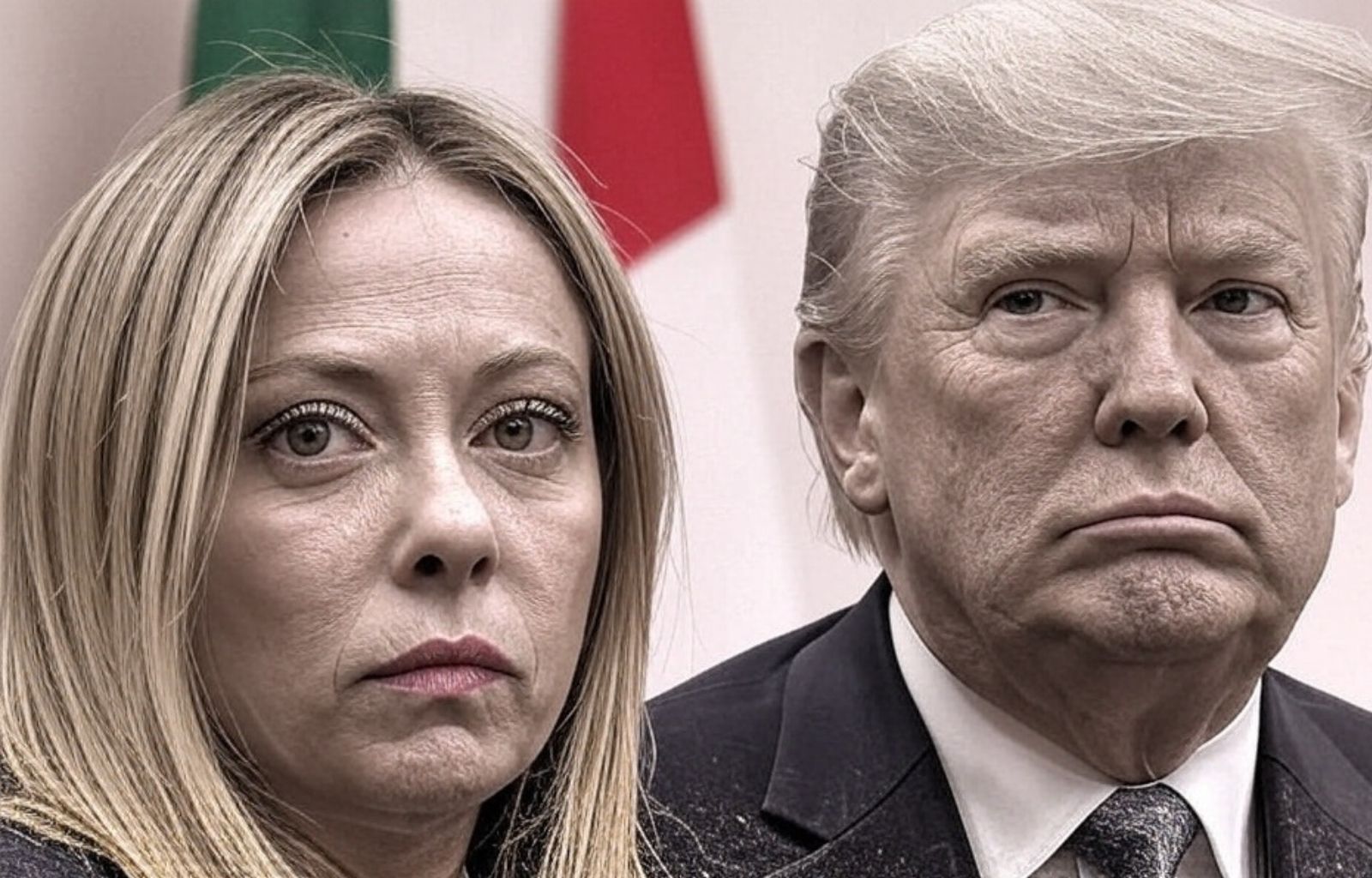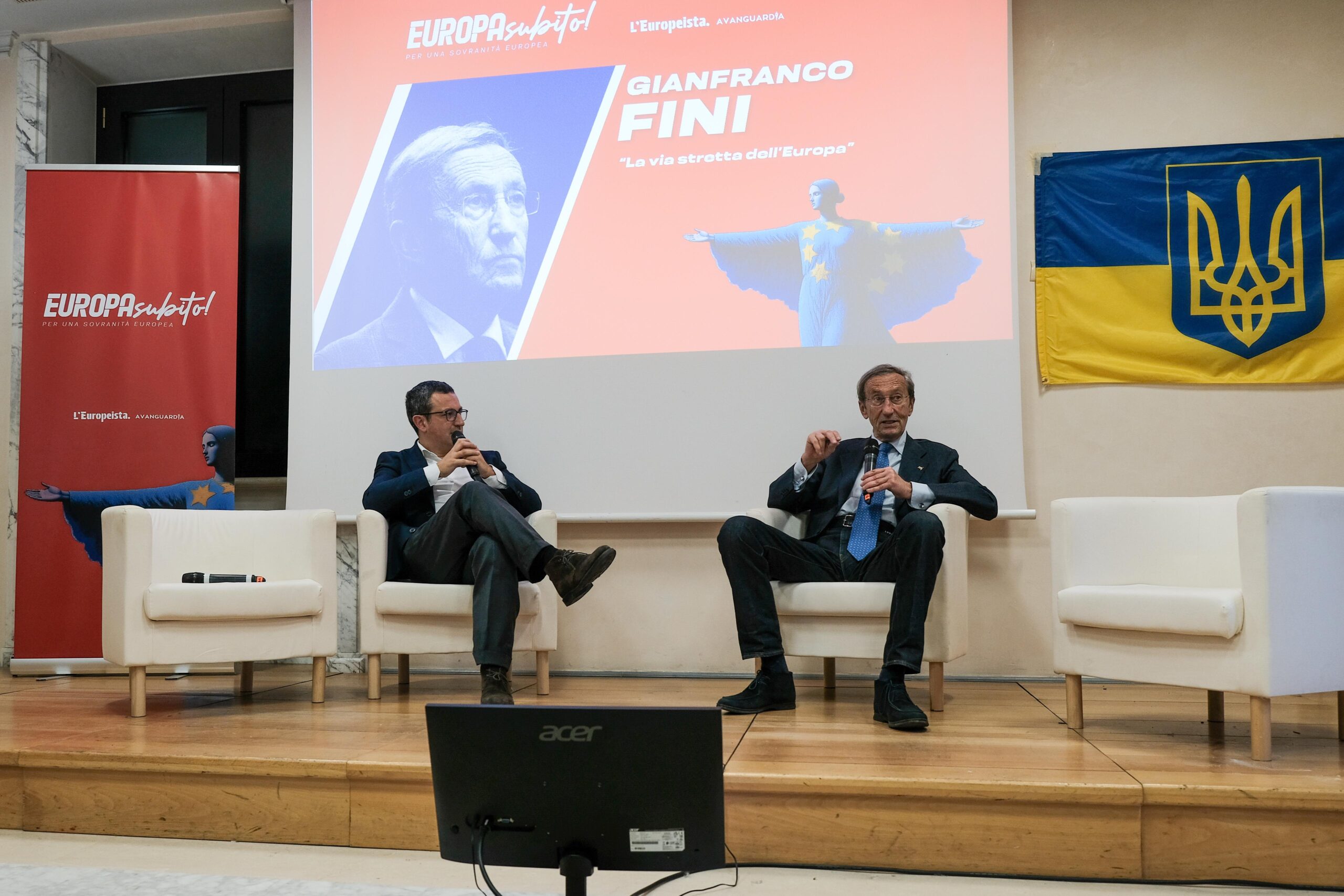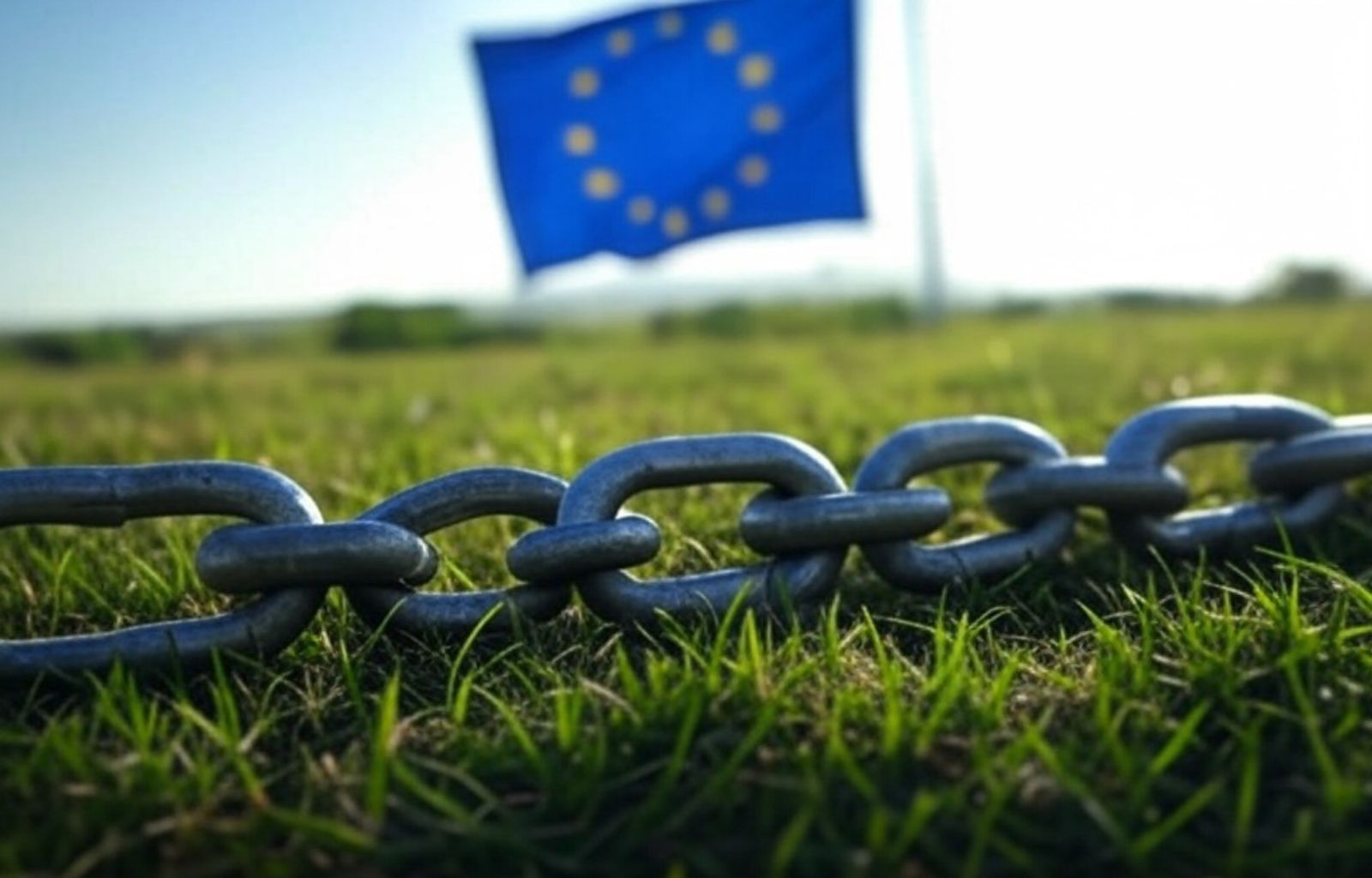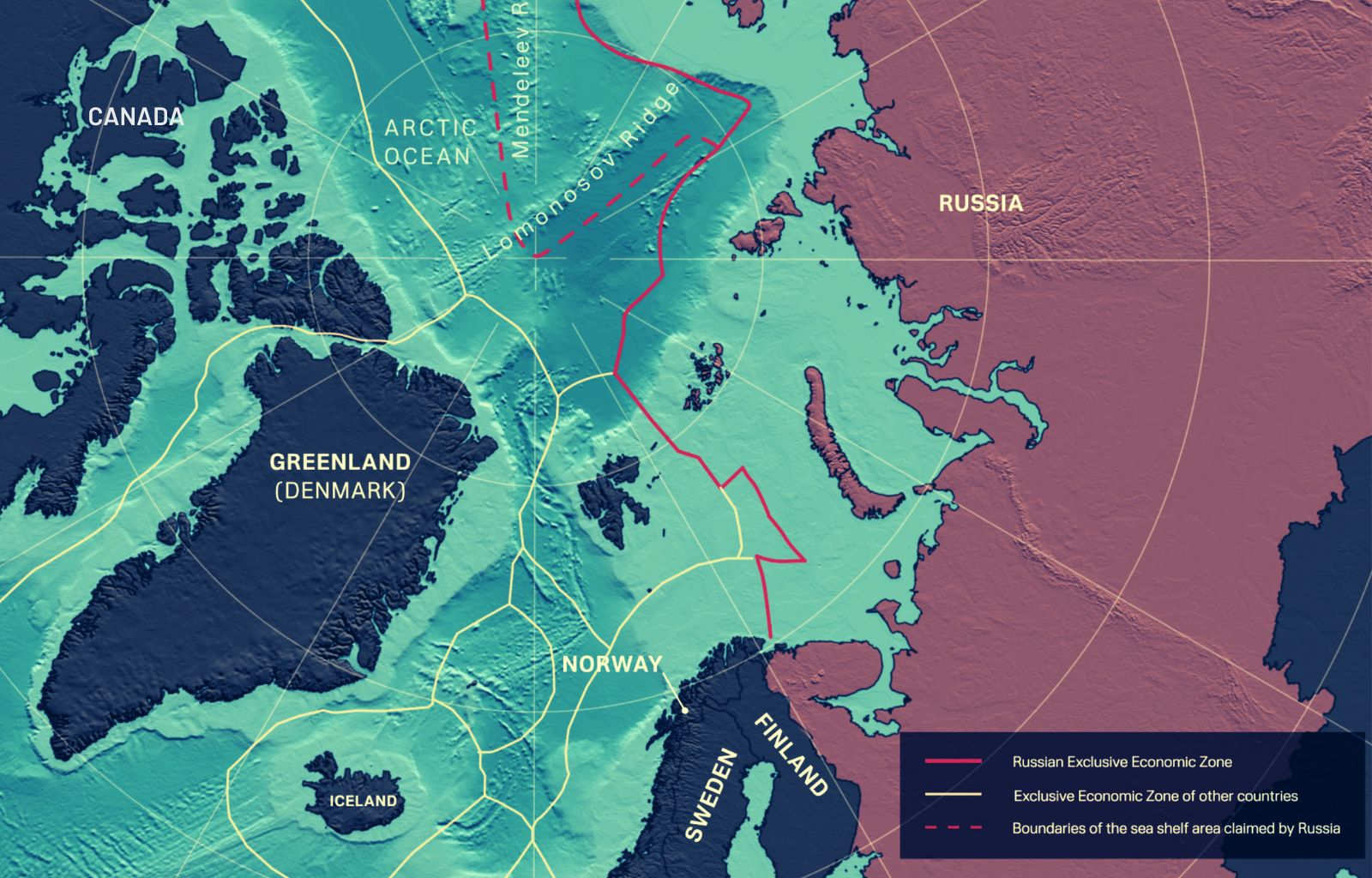What future for Gaza? At Sapienza, the voice of a dissident and the call for an alternative to Hamas
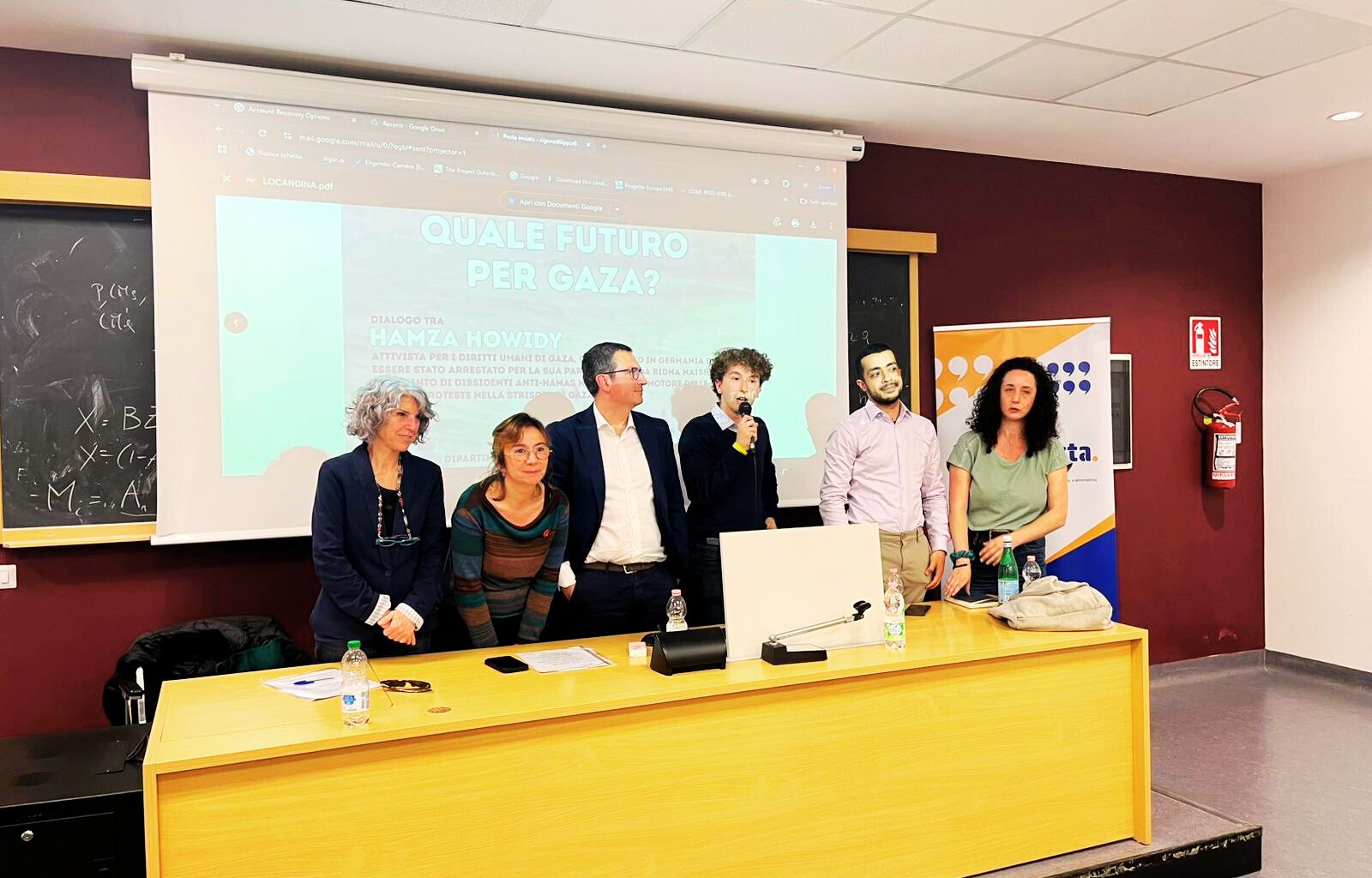
On Tuesday 15 April, in a lecture hall at Rome’s Sapienza University, the event “Which future for Gaza?”, co-organised by L’Europeista, took place. A moment of confrontation of extraordinary importance, which saw for the first time, after 7 October 2023, a Palestinian citizen of the Gaza Strip – Hamza Howidy – bring his direct testimony to an Italian university audience.
Introducing and enriching the discussion were Professor AlessandraTarquini (lecturer in Contemporary History), Radio Radicale director Giovanna Reanda and L’Europeista director Piercamillo Falasca, together with Filippo Rigonat (political science student, contributor to L’Europeista and promoter of the initiative).
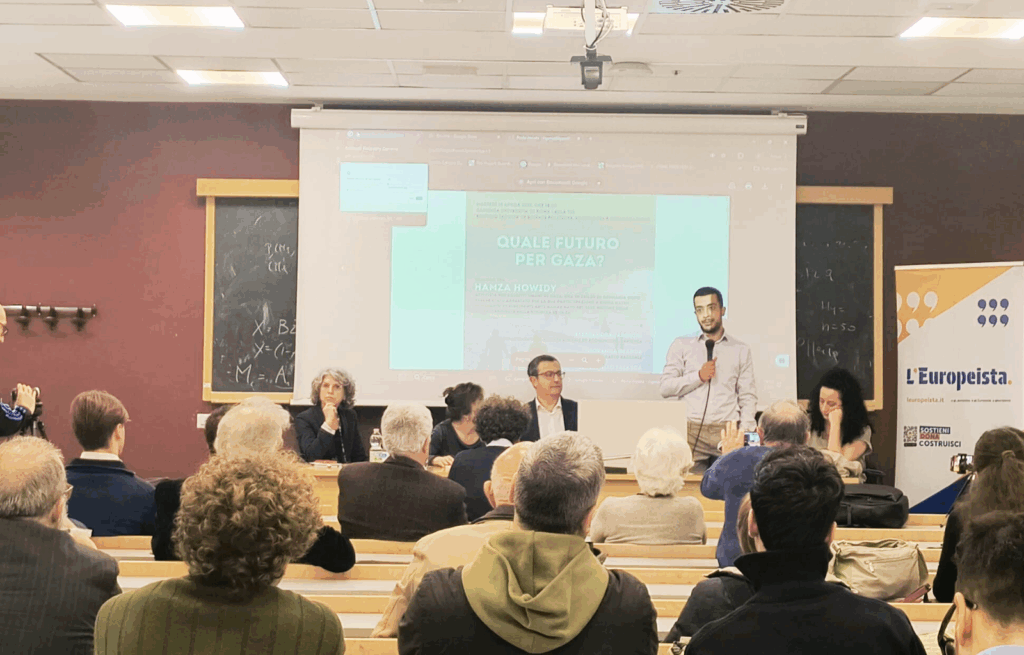
The experience of Hamza Howidy
Born in 1997, Howidy experienced first-hand the horrors of the 2007 civil war between Fatah and Hamas – a violence that shocked him as a young boy, used to thinking only of the conflict with Israel. “People thrown from rooftops, dragged through the streets,” he recalled, marking the beginning of an autocratic regime that has not stopped squeezing civil rights in Gaza ever since.
Over the years, he too has been pushed towards extreme positions, only to find equilibrium again thanks to his liberal-minded family. He attended the Islamic University, ‘the only real choice in Gaza‘, the same university where many Hamas leaders were trained. Once he graduated in 2019, he discovered how it was almost impossible to get a public job without affiliation to the ruling movement.
During that same period, he approached the Bidna Naish movement, taking part in demonstrations suppressed with extreme violence by Hamas militiamen: ‘I ended up in prison the first time only because I had a leaflet saying “We want to live“‘.Since then, the arrests have been repeated, and the family managed to get him out by bribing members of the regime. Dissent is punished with brutality: ‘Some people have been tortured and even killed’. Yet it was precisely these experiences that pushed him to intensify his civic engagement, to the point of becoming one of the symbolic faces of the protest against Hamas.
Shocked by the lack of international media coverage of the internal repression in Gaza, Howidy decided to leave the Strip in 2023, finding refuge in Germany. A month after his departure came the dramatic 7 October, a date that marked a further caesura: ‘I didn’t think Hamas could go that far. And when all Palestinians were being portrayed as terrorists, I realised that the situation was going downhill‘.
Howidy condemned the Hamas attack from the outset, calling it essential to distinguish between the regime in power and the civilian population. His path of ‘de-radicalisation’ stems precisely from this need to see the other as a person, not an enemy. “Since Hamas governs Gaza, extremist propaganda is hammered out. I myself have been driven to hate Israel for years. Today, however, I believe that violence will not bring any solution‘.
Falasca’s appeal: ‘Hamas is not the resistance’
Among the speakers, Piercamillo Falasca, director of L’Europeista, expressed a clear position: ‘Hamas is not the resistance.Hamas is an authoritarian and fundamentalist movement that has imposed its power in Gaza through violence, eliminating dissent, repressing the rights of women, homosexuals, and using the civilian population as a human shield. Defining Hamas as part of the legitimate Palestinian aspiration is a tragic mistake, because it debases the very cause of a people that deserves freedom, dignity and statehood‘. If at the end of this war, Falasca further said, ‘Hamas will continue to rule Gaza with weapons, then all the blood shed will have been in vain. The real challenge today is not just to stop the conflict, but to prevent Hamas from being the future of the Strip‘.
Faced with the tiredness of the leadership of the Palestinian National Authority, which lacks momentum and is considered corrupt by many, there is an urgent need for new figures, capable of proposing a secular and inclusive project, based on international law and the rejection of violence.“It is not enough to provide humanitarian aid or conjure up future elections,” agreed the speakers, “we need to invest in education, independent media, civil institutions and political training“.
A true liberation: not from Israel, but from Hamas
The possibility of a future of peace and normality for Gaza depends first and foremost on the removal of a system that has ruled with an iron fist for over fifteen years. Howidy emphasised how the genuine internal rebellion in Gaza is constantly suppressed in the general silence, yet there is no lack of signs of courage on the part of those in the Strip who fight for their rights at the cost of their lives.
With this in mind, the international community – and the Arab countries in particular – are called upon to support those segments of Palestinian society that believe in a future of peace and coexistence. “It is not a matter of ‘exporting democracy‘,” the activist reiterated, “but of encouraging the development of solid and free institutions, of giving space to moderate and truly representative voices“.
The initiative available on Radio Radicale
The entire event, born out of the need, expressed by Filippo Rigonat at the opening, to‘address the Palestinian issue by eliminating the too many ideological superstructures that pollute the debate in academia‘, is also available on the Radio Radicale website.
A precious opportunity to listen, without filters, to the testimony of a dissident who has experienced the repression of Hamas at first hand, but who continues to hope for a different future for Gaza and its inhabitants.

